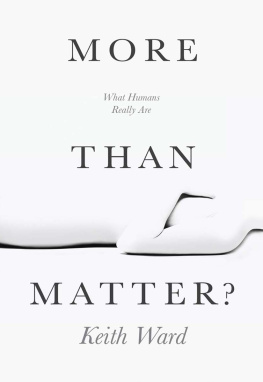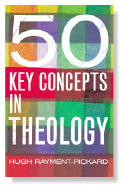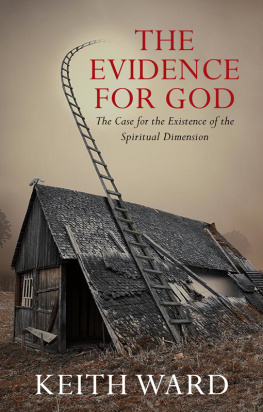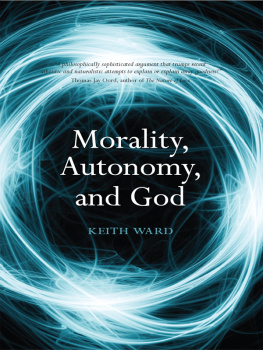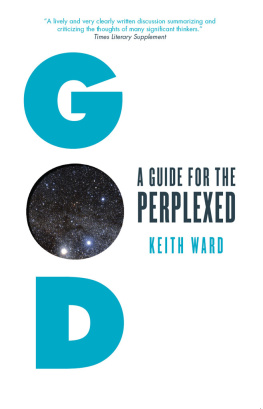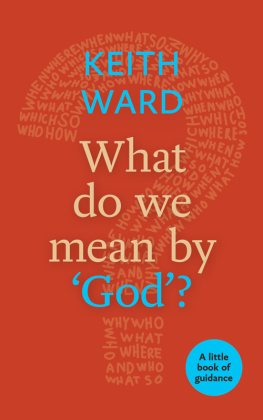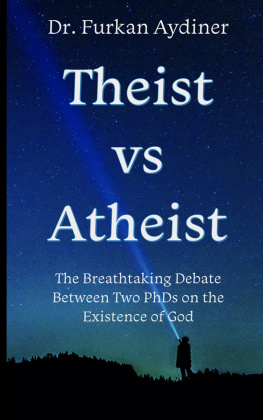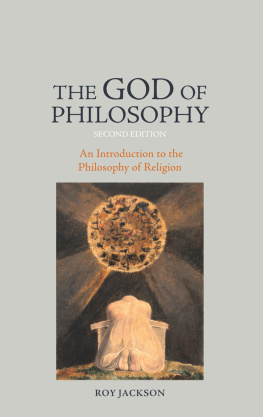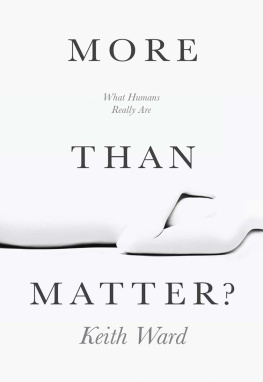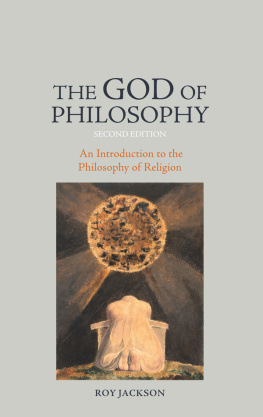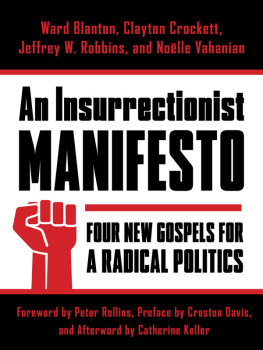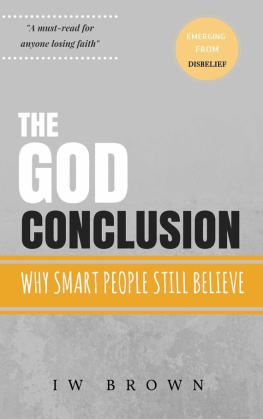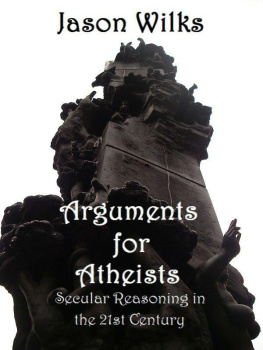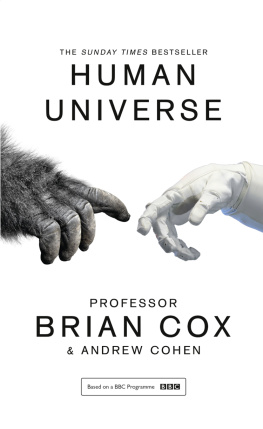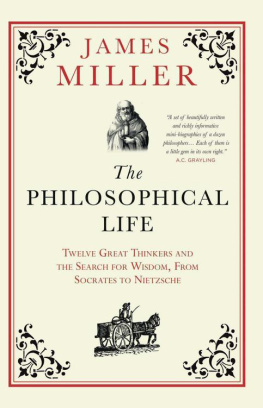You, your joys and sorrows, your memories and your ambitions, your sense of personal identity and free will, are in fact no more than the behaviour of a vast assembly of nerve-cells and their associated molecules. (Francis Crick)
This book exists to put a different view. The success of the physical sciences has led to a quite widely held view among the scientifically literate that all that exists is matter or some sort of physical stuff. Human beings are often presented as the accidental results of millions of genetic copying-mistakes and freak accidents of nature. Their cherished ideas of value, freedom, and purpose are illusions, since humans are nothing but the puppets of blind and mechanical forces of nature, and their consciousness is doomed to inevitable extinction, having never been more than a by-product of cosmic processes to which they are completely unimportant.
I believe that this picture of human life is both scientifically questionable and philosophically naive. Moreover, it undermines the belief that human beings, with their thoughts, feelings, ambitions, and moral challenges and ideals, have intrinsic worth, and that worth lies in their mental lives, not in the behaviour of their nerve-cells, however complicated. It is this view, justifying a commitment to the distinctive value of human consciousness and responsible action, to which the deepest reflection on the nature of our cosmos points. That is what I hope to show.
The view that prioritizes human thought, feeling, and action over the behaviour of physical particles is often called humanism , embodying a commitment to human welfare, interpreted as the fulfilment of the uniquely personal experiences and creative capacities of humans. In that sense I am a humanist; but I think humanism requires ontological backing. That is, there must be good reasons for seeing human experiences and actions as important and human persons as of intrinsic value in a universe like this.
I intend to produce philosophical reasons for such ontological backing, and I find these reasons intellectually compelling. I make little or no reference to religious considerations, based on revelation or religious authority. But I think there is little doubt that many religious believers will find that the arguments I propound have a natural affinity with some religious beliefs about the human soul, and I myself think that some convergence of humanist and religious beliefs will provide the most adequate view of human persons that is available to us.
But I have confined myself to sustained reflection on the nature of being human, trying to point to phenomena that are available to anyone, whatever their religious beliefs or lack of them. The motto of the book is in fact the reversal of the opening quotation from Crick, and it goes like this: you, your joys and sorrows, your memories and your ambitions, your sense of personal identity and free will, are much more than the behaviour of a vast assembly of nerve-cells, and that more gives each personal life a significance and value that expresses and points to the ultimate meaning of the universe itself. Human persons are not accidental mistakes in a pointless perambulation of fundamental particles. They are a window into the inner reality, value, and purpose of the cosmos.
Chapter One
Dualism, minds, and bodies: the problem stated
Gilbert Ryle was an important twentieth-century British philosopher who is famous for attacking what he called the myth of Cartesian dualism, the myth of the ghost in the machine. This is the myth that minds are different from and more than matter. But was Ryle right? And does his attack also undermine (without meaning to) belief in the unique dignity and value of human persons, which is centred on the nature of their inner experiences and responsible actions? Those are the central questions of this book.
Once upon a time, when I was studying philosophy at Oxford, my supervisor was Gilbert Ryle. He was one of Britains outstanding philosophers in the 1950s and 60s, and I was one of his last pupils. He was also my moral tutor, though he said, I do not know what a moral tutor is, and I hope I never have to find out. And, as far as I know, he never did.
Although not as well known as Wittgenstein these days, Ryle was extremely influential and was a kind of Oxford equivalent of Wittgenstein, holding views about philosophy that were very similar to those of the Cambridge philosopher. In a sense, this is a book about Wittgenstein as much as it is about Ryle except that people get so emotional about different interpretations of Wittgensteins gnomic philosophy that I have thought it better only to make rather muted claims in that area. When I was teaching philosophy in Cambridge, Professor Anscombe, who translated and edited Wittgensteins later work and often discussed it with me, terrified me so much that I have decided that it is safer to leave discussion of Wittgenstein to acknowledged experts like the Oxford philosopher P. M. Hacker. Nevertheless, I believe that much of what I say about Ryle would apply to Wittgenstein, or at least to many popular interpretations of Wittgenstein, as well.
It is worth talking about Ryle because he was a very good and significant twentieth-century philosopher, and because he wrote the classic critique of Descartes dualism (usually called Cartesian dualism), the view that the mind and the body are two distinct substances. Ryle originated the expression the ghost in the machine to describe Descartes view, implying that the mind is a ghost (an illusion, really) wandering in the machine of the body. I strongly object to this description, though it has been very influential, and want to try to rehabilitate Descartes, at least to some extent. I want to suggest that mind and consciousness are different from, something over and above, molecules and matter, and that they are not at all ghostly. And I will argue that having such a belief is important if you put a great value on individual human experience and responsible moral action.
Ryle is particularly interesting because he rejected dualism, but he was still a humanist. He thought that you could defend human uniqueness, freedom, and responsibility without having a belief that minds are something more than matter. I do not think this is true, but examining Ryles arguments is a good way of finding out what you really think about this issue. In fact, it will take me some time to get around to considering Ryle in detail, as there are problems that have to be cleared up first about the nature of philosophy and about differing philosophical views of the nature of reality. I will use the word metaphysics to mean a general view about what kinds of things are real (whether, for instance, there are minds in addition to bodies, and whether everything is determined by laws of nature or whether the will is free). Ryle had one such philosophical view, but, oddly enough, he did not think that he had.

